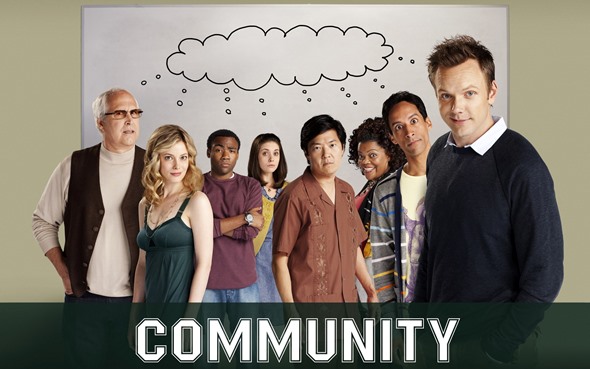I’ve been reading a lot about communities of practice lately. I’m not going to launch into an unpacking of the theory. For that, I suggest you read some of Lave and Wenger’s work on your own. The coles note version is that learning never occurs in isolation. We learn in community and we can be intentional to help facilitate these “Communities of Practice”.
Of course, this gets me thinking about my own practice and how I have helped (or hindered) my students in developing this rich and important experience. In a paper I was reading, the authors conclude that:
“learning practices and social practices are interconnected”.
Glynis Cousin & Frances Deepwell
What does this mean?
It means that no matter what, there has to be a social element. As educators, we must be aware of it. We can’t quelch it and if we try, the students just take it underground or to a backchannel. If you don’t believe me, I can guarantee that they have a WhatsApp or snap chat group for your class.
Your students are sharing memes, gifs, pics, and videos with each other, all while you are up at the front of the class regaling them with amazing lessons and examples.
Work hard, play hard
I used to work as an electrician (trust me, this has a point). One of the projects I worked on was an oilsands plant that was just constructed. This meant that we were part of the start-up of the plant. There are lots of problems when a plant first starts up. There are a lot of hours worked and a lot of issues to deal with.
It was quite stressful but in the end, it was also some of the best work I’ve ever been a part of. The crew that was chosen was quite young and our department head, Rick, had a philosophy.
On the first day, he sat us down and he said “We are going to work you harder than you have ever worked before. You are going to work long hours. You are going to do things that are way below your paygrade. You are going to do things that are way above your paygrade and at the end of the day, you are going to remember this as some of the best times of your working career”. He then set us free to get to work.
One thing Rick made sure of was that we had fun. He encouraged us to eat lunch together, to hang out together after work, to plan events, to discuss issues we were having with the plant. One day we were to only refer to each other as our favourite deli sandwich over the call radios (I was ham and swiss on rye).
But when it was time to work, we worked and we worked hard.
I’ve tried to adopt this philosophy to my own teaching practice. I try not to take my class too seriously but at the same time when it comes time to work, I make sure that the expectation is to work.
How has that worked out for me?
To be honest I haven’t really tracked grades or trended the data to see if there is quantifiable evidence to prove that marks increase. What I can say is that my relationships with my students have improved. I can say that the relationships that I see between the students have also improved. They are staying in contact with myself and with each other. They have created a community with each other. A place to share successes, failures, advice, and lives. They stay in contact with each other (and me) throughout their education and beyond.
I count it as a success.
I would rather see my students succeed in becoming better members of a community than better test-takers. At the end of the day, it is the relationships that make all the difference.
Shared by:

Sorry, but comments are not enabled on this site.